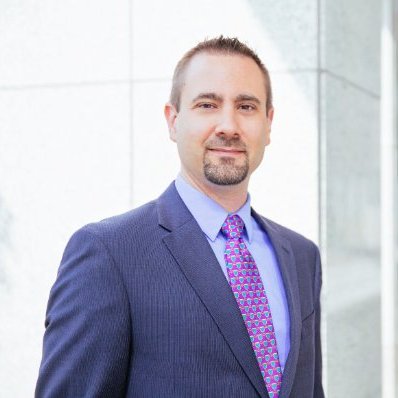
Vice President at T.E. Wealth
I currently own basic group coverage through my employer and a T20 policy privately, which I purchased about five years ago. I chose T20 because the premiums were relatively low and would remain constant regardless of any health change I may experience over the next 20 years. The choice to hold it privately also allows me to take it with me if I ever change employers. When the policy becomes due I will be much closer to retirement and my income replacement needs would have likely changed by that point.
I considered the outstanding mortgage and to be able to provide for my children while they are young, which including having enough to fund a first degree of post-secondary education.
I personally do not have life insurance for my children. To me life insurance is for income replacement or estate enhancement.
Buying coverage without doing an analysis of their future needs. Often the amount of coverage purchased is an arbitrary number. It can amount to be too much or even worse, too little. Understand what you are buying the coverage for and the cost to you for insuring the risk. Once in place, it makes sense to review your coverage as your situation changes. Life events like getting married or having another child should be an automatic prompt to review your coverage.
The two biggest ones are disability insurance and critical illness insurance. The chance of becoming disabled or critically ill is much higher than dying. If you are employed, you likely have disability coverage. As with life insurance, you need to review it to ensure the level of coverage is appropriate. For those who are self-employed this is even more important, as you there is no employer coverage to start. Some employers offer critical illness insurance. As the cost of this is often high, insuring through a group plan is a good way to mitigate your costs. For the self-employed, critical illness may be the difference that allows you to “keep the lights on” in your business while you focus on recovering.
Matthew Ardrey is a Vice-President and fee-only financial planner out of the Toronto office of T.E. Wealth where he provides his clients a full-suite of financial and tax planning services. He sees the big picture, and is proactive and detail oriented in working with time-pressed clients. They trust him to keep their interests first and foremost in designing and implementing customized plans that will lead them to financial independence.
A widely-sought expert in the media, Matthew can distil complex financial topics concisely for his clients and reporters. He’s been quoted in several publications, including the Wall Street Journal, Globe and Mail, Financial Post, Toronto Star, MoneySense, Advisor.ca and BusinessLink magazine. He frequently provides his expert advice to the “Financial Facelift” series feature in the Globe and Mail’s Report on Business.
He holds several industry designations, including Certified Investment Manager, Financial Management Advisor, and Certified Financial Planner. Matthew received his B.A in Finance and Economics from The University of Western Ontario.
An active volunteer in his community, Matt is a member of the Rotary Club of Burlington.